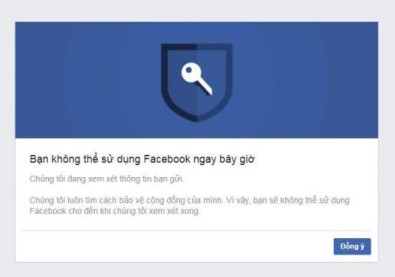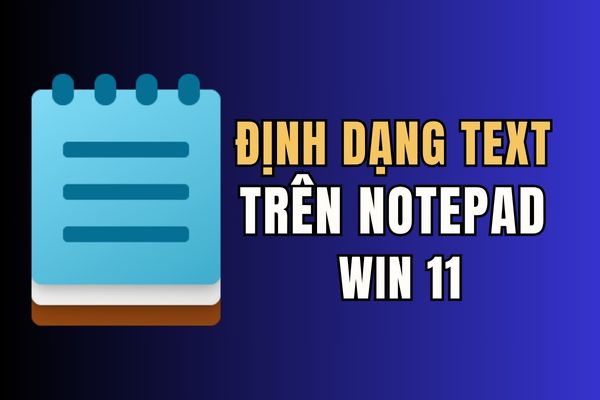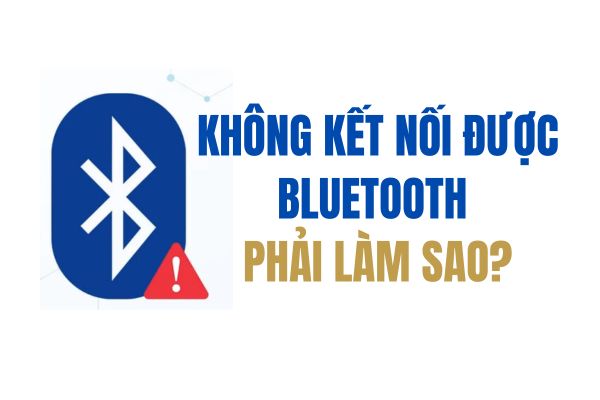OpenAI, the company behind the popular chatbot ChatGPT, just announced a breakthrough in the field of search: SearchGPT. This is an artificial intelligence (AI) powered search engine that promises to bring a whole new experience of searching for information in real time on the internet.
| Join the channel Telegram belong to AnonyViet 👉 Link 👈 |
What is SearchGPT?
Unlike traditional search engines that simply return lists of links, SearchGPT uses GPT-4's natural language processing capabilities to understand and organize information more intelligently.
For example:
- When you search for information about “music festivals,” SearchGPT not only lists links, but also summarizes key findings about festivals, then presents a brief description of each event with a link.
- When you want to know “when to plant tomatoes”, SearchGPT will explain the right time and then classify different tomato varieties.
You can continue asking questions or explore more related information through the sidebar after receiving search results.
Currently, SearchGPT is still a prototype and only 10,000 randomly selected users have access to the test.

See more: Replace Siri with ChatGPT-4o: Smart solutions for voice interaction
What can SearchGPT do?
According to Kayla Wood, a spokesperson for OpenAI, the company is working with third parties and leveraging live content data sources to generate search results. The ultimate goal is to integrate search directly into ChatGPT, turning it into a full-fledged AI assistant.
The launch of SearchGPT is a major challenge for Google, the search giant is now rushing to integrate AI into its engine to compete with emerging rivals.
SearchGPT also puts OpenAI in direct competition with Perplexity, a company that bills itself as an AI “answer” engine. Perplexity, however, has been criticized for its AI summarization feature, which it has accused of directly copying the work of publishers.
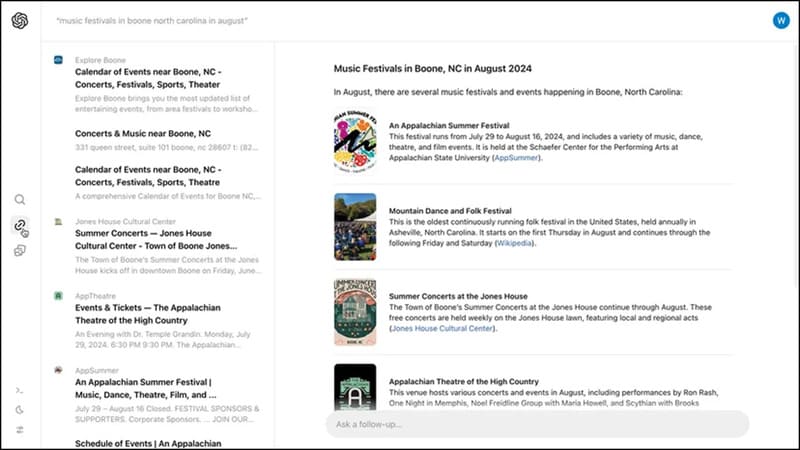
OpenAI respects copyright
OpenAI appears to have learned from Perplexity and claims to be taking a different approach. According to the company’s blog post, SearchGPT was developed in collaboration with a number of reputable news partners, including the owners of The Wall Street Journal, The Associated Press, and Vox Media.
“News partners have provided valuable feedback, and we continue to seek their input,” said Kayla Wood. OpenAI is committed to giving publishers the power to “manage how they appear in OpenAI search features.” They can opt out of having their content used to train OpenAI models and still appear in search results.
OpenAI also claims that SearchGPT is designed to help users connect with publishers by citing and prominently linking to the source.
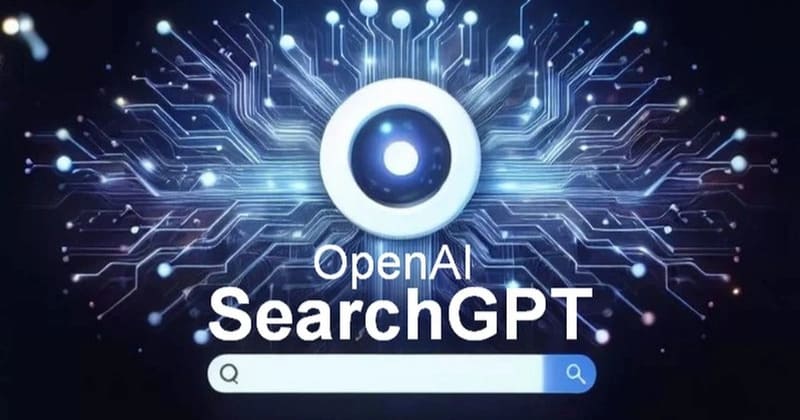
The Future of SearchGPT
Releasing SearchGPT as a prototype allows OpenAI to gather feedback and improve the product before it goes public. It also helps them avoid mistakes or copyright infringements like Perplexity.
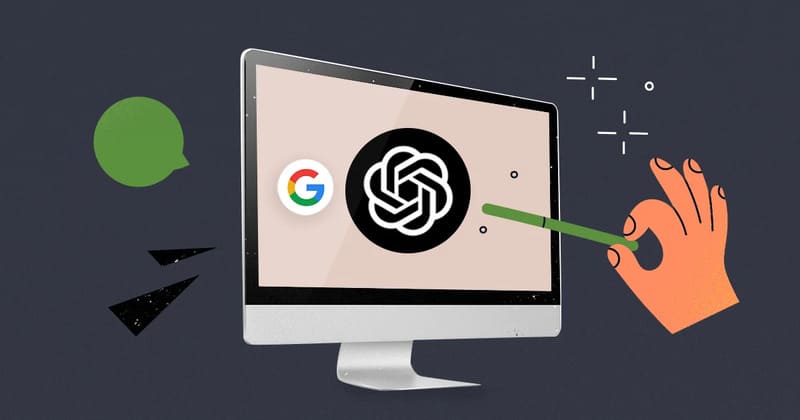
The launch of SearchGPT is a bold move by OpenAI, demonstrating their ambition to change the way users interact with information on the internet.
However, there are still many questions that need to be answered, such as:
- How will OpenAI make money from SearchGPT?
- Can SearchGPT compete with Google and other search engines?
- What will the future of ChatGPT be like with the integration of search?
Only time will tell. But one thing is for sure, SearchGPT has opened a new era for information search, promising to bring interesting and useful experiences to users.
How to use SearchGPT
Users can sign up for a waiting list for access (if approved) at the link HERE
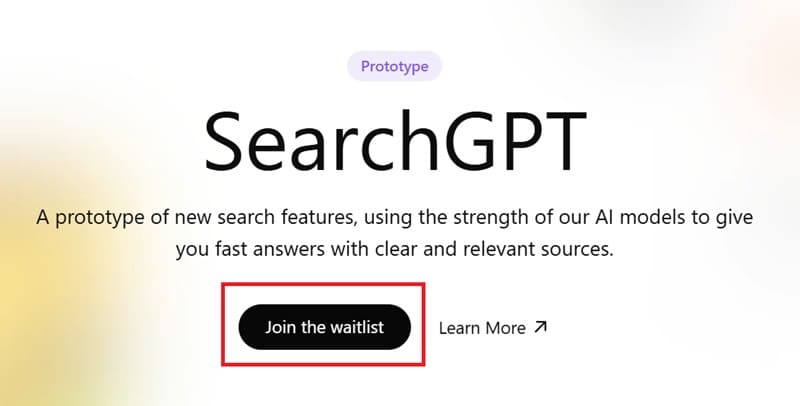
See also: How to use Gemini Flash/ Pro, ChatGPT Plus free
Epilogue
SearchGPT Still a prototype, but its potential is undeniable. With the support of reputable news partners and a commitment to respecting copyright, OpenAI is creating a search engine that could completely change the way we access and consume information. Can SearchGPT topple Google and become the king of search? What do you think?


